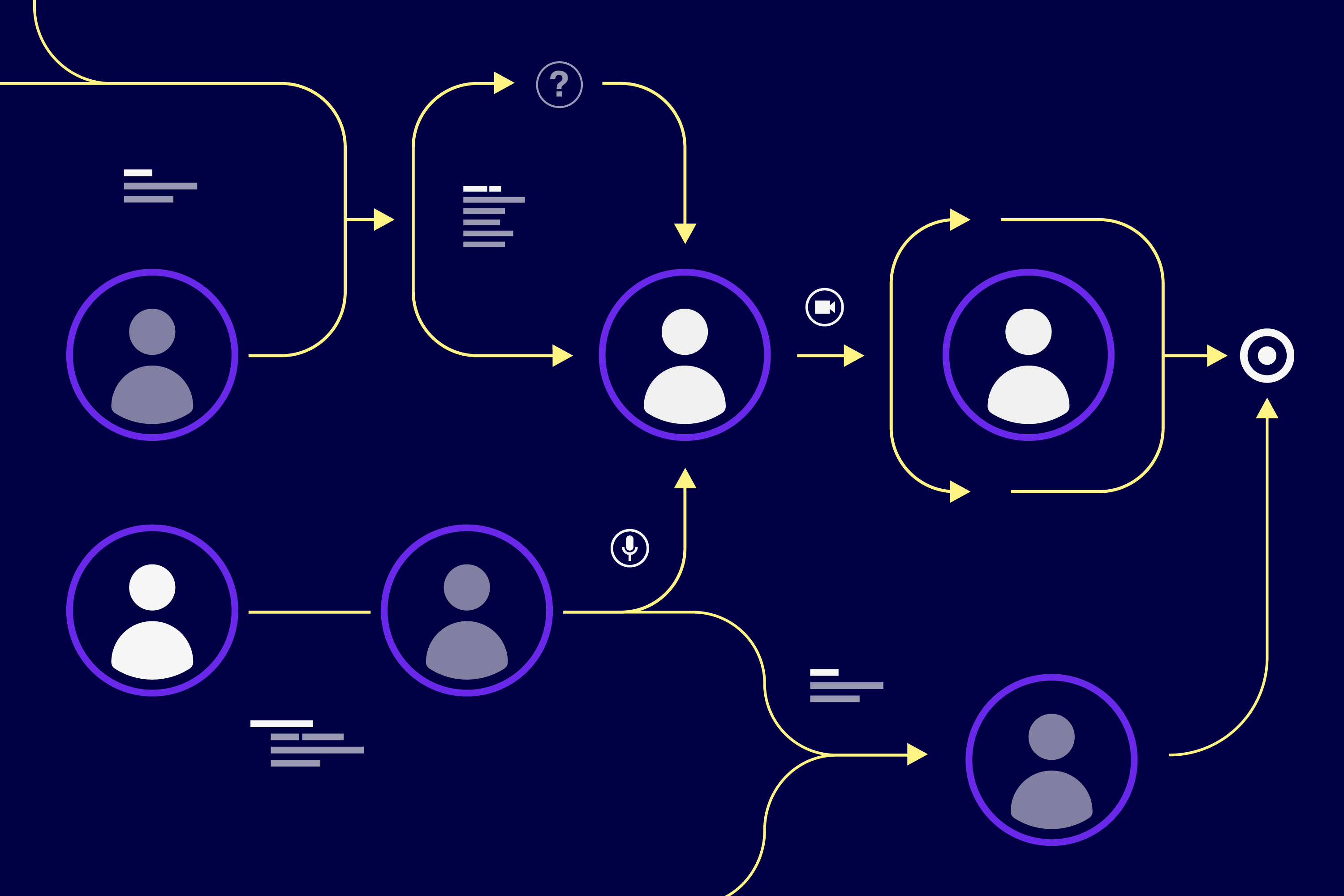
Articles
3 ways to shift your contractor mindset to become a champion CEO
April 15, 2022

Contractors typically start a business because they’re great at what they do — whether it’s roofing or robotics. But that doesn’t necessarily mean that they know what it takes to scale a company.
As a result, many contractors spend too much time operating inside the business. And because they’re focused on completing day-to-day tasks, they have no time for putting structure in place.
Andrew Houston is a former contractor and founder of Profit for Contractors, a coaching and consulting firm. He’s on a mission to change this reality. Over the last decade, he’s helped many contractors systemize their businesses and take their time back.
We recently invited Andrew to the Organized Chaos podcast to learn more about what he’s doing for the contractor community. In this episode, he shares three big tips for helping them become champion CEOs:
1. Systemize your business.
Before Andrew started his consulting firm, he ran his own contracting company. Despite having a decade of successful projects under his belt, it still wasn’t the business he wanted.
“I was wearing the hat of the CEO and 18 other hats,” Andrew explained. “It was complete chaos, the business was running me, and there was no balance.”
Luckily, Andrew had an aha moment when he came home late to dinner (yet again). Looking at his disappointed family, he realized there had to be a better way.
“If I could build these automation lines, which are heavily systems-driven, why not systemize my business [in the same way]?” Andrew told us.
He spent the next year documenting every process within his company, from responding to a phone call to completing a job. Once he felt like someone could complete the tasks as well as he had, he delegated the documented processes off his plate.
“I systemized my business so it [could] run without me.”
<blockquoteauthor>Andrew Houston, Founder of Profit for Contractors<blockquoteauthor>
Before long, Andrew noticed a profound change in his business. He slowly eliminated the time-sucking tasks off his to-do list. And that gave him more time to develop new business opportunities, grow the company, and still have time for his family.
Eventually, Andrew sold the business to a competitor who didn’t understand how they did double the work with half the crews. That’s when Andrew knew he’d discovered something special, so he went on to help more trade friends do the same with their businesses.
“I created Profit for Contractors to [help more people] become champion CEOs of their business and life,” Andrew shared. And if you want the same results, you have to document your processes, layout a clear system, and start delegating more tasks.
2. Delegate lower-level tasks first.
Systemizing your business for the first time can be overwhelming. It’s especially scary when you have to let go of control and delegate your first tasks.
That’s why Andrew suggests passing off the lower-level tasks first. “The starting point might be taking out the garbage, cleaning the trucks, or replacing the ink cartridges,” he explained.
It’s also the easiest and least expensive area to start. Because hiring a part-time administrator costs much less than hiring a sales director. Plus, you have more time for highly-profitable tasks after delegating those responsibilities.
Jay Carter is the COO at Profits for Contractors, and he also joined the episode. He explains how trading a low-paying task can make you exponential money in the long run:
“Instead of doing a $20 an hour task, [you can use the freed-up time] to land a $50,000 job and make $10k instead.”
<blockquoteauthor>Jay Carter, COO at Profits for Contractors<blockquoteauthor>
And if you don’t have a team yet, Andrew suggests relying on vendors and suppliers as the first people to take things off your plate. “Ask them to deliver [the supplies] by offering small instructions, which we can call a system,” he explained.
The small daily tasks add up over time. And if you’re spending too much energy in these areas, you can’t focus on the actions that make a real difference in your business.
3. Take care of your people.
Systemizing your business can benefit your profits and time. But if you don’t have happy employees to carry out those tasks successfully, the system is useless.
That means it’s just as important to take care of your people as to build your processes. And according to Jay, it’s all about how you approach your team and their career goals.
“We don't actually have a labor problem. We have a social problem,” Jay explained. “And the social problem is that we don’t understand what [new] generations want.”
For example, previous generations were typically thrown into contracting (with no onboarding) and told to work hard and keep their head down. But that doesn’t work for Millennials or the upcoming Zoomers.
“Millennials want [to make an] impact, know they're contributing to results, and be part of a team,” Jay shared. And to do that, you need to properly onboard new hires, give them a 90-day plan, and work together to map out their five-year goals.
There’s a massive opportunity for contractors who step up and systemize their business. Incorporating these tips into your approach can help you take advantage of your time and dominate the market.
Similar Blog Posts





.avif)



